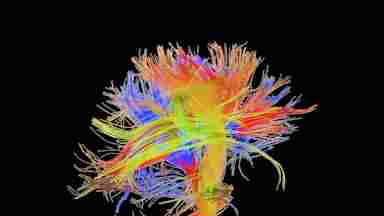“”

Everyday Improvements You Can Make Right Now to Boost Your Brain Health and Extend Your 'Mindspan'
Parade
Share this article

Sandra Bond Chapman, PhD
Chief Director Dee Wyly Distinguished Professor, School of Behavioral and Brain Sciences Co-Leader, The BrainHealth Project
RELATED INFORMATION

Our Brains Need Exercise, Too
Time and genetics alone don’t erode brain functions. How we spend our lives managing the modifiable risk factors that affect our genes is highly significant for our brain health, researchers say.